Weather impacts us all. And this past December was no exception, bringing severe weather to our region. The losses were devastating. My heart goes out to everyone who was affected by the storms. I truly hope that things are on the mend and life is improving. While we all do our best to be aware of severe weather and keep our families safe by hunkering down in an interior closet or a concrete bunker as tornadoes pass, protecting the electric grid is another story entirely.
Storms can severely impact businesses and different industries in a variety of ways. For example, several years ago, I participated in an educational conference that was primarily attended by people involved in agriculture. At that time, there was a large storm system packing hurricane-force winds moving into the Southeast. I was concerned about the effects it would have on the electric grid. The other attendees were concerned about their crops and livestock. All of us were concerned — but for very different reasons. That was an eye-opener for me.
While weather impacts us all, for those of us in the electric utility industry, what happens to our systems affects everyone. In our industry, we keep a close eye on the weather, depending on the National Weather Service, local and national meteorologists, private weather and climate experts, and our own in-house specialists. In early December, we knew the potential for damaging storms existed at least two days before the storms hit on the 10th and 11th.
But no matter what precautions we take to limit loss of life, we can’t do anything about the infrastructure that keeps our homes comfortable and the economy moving.
The December storm was one of the most devastating to hit our region in more than a decade. Not only were many lives lost and homes and businesses destroyed, but the infrastructure that provides power to all of us was also severely damaged.
Your cooperative depends on wholesale delivery of power by the Tennessee Valley Authority, which generates the power and then uses its transmission system to deliver electricity to your local utility.
The destruction to TVA’s transmission system was the worst since 2011; the storm damaged 97 TVA power structures (towers and poles), and 29 transmission line sections were downed. Some towers were destroyed. The result was that even if local utility lines were intact, there was no power to the substation to be able to serve those people.
Compounding this disaster was a lack of materials available to effect repairs. Transformers, which are required to bring the electricity safely into your home at voltages you can use, have been in short supply for months. In recent years, multiple storms have affected numerous utilities, resulting in limited inventories. Manufacturers and suppliers have yet to meet increased demand after being sidelined during the pandemic.
Like always, we pulled together. TVA, Tennessee’s electric co-ops, municipal power providers and contractors restored power as quickly as possible to the communities impacted. Even in the face of tragedy, it was encouraging to see how many rushed to provide assistance when neighbors needed help.
We’ve done this before, and we’ll do it again. We can’t prevent disasters; we can only plan on how we respond. Hopefully, it will a long time before we have to do it again — at least on this scale.
Please click here to learn how you can help recovery efforts.

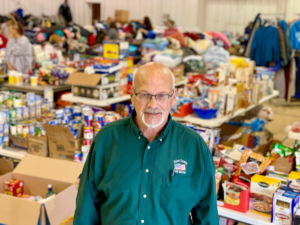

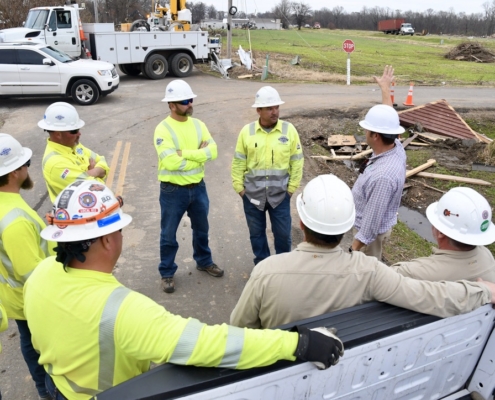
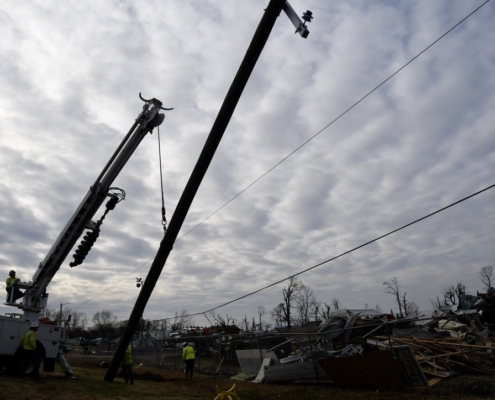

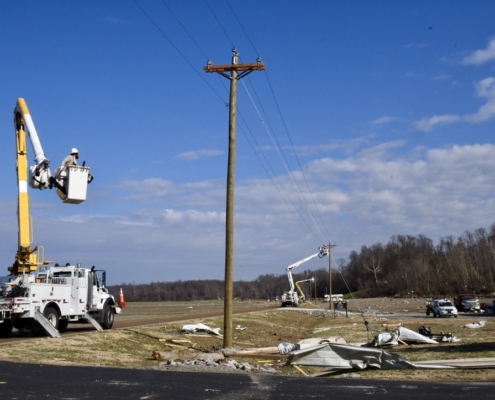
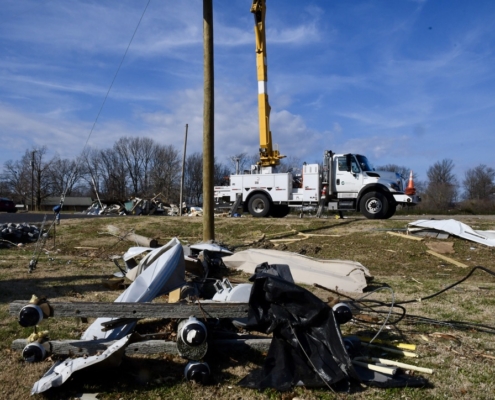

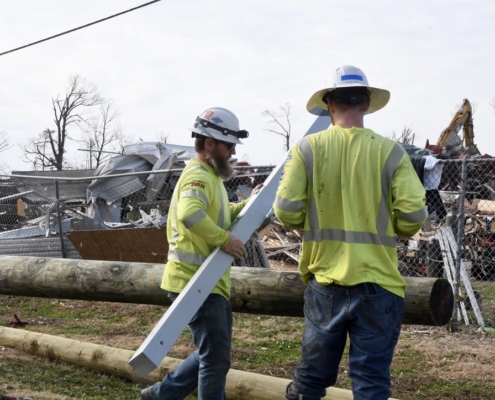

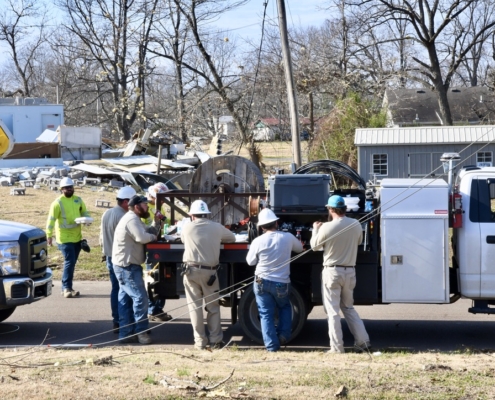

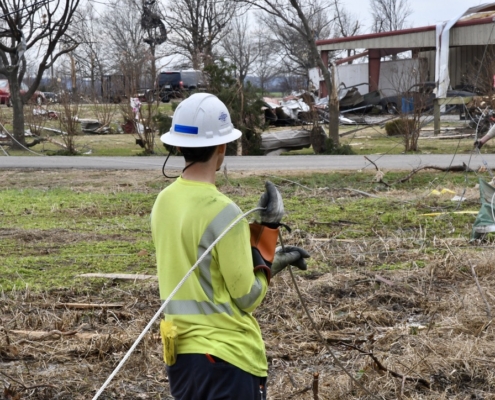
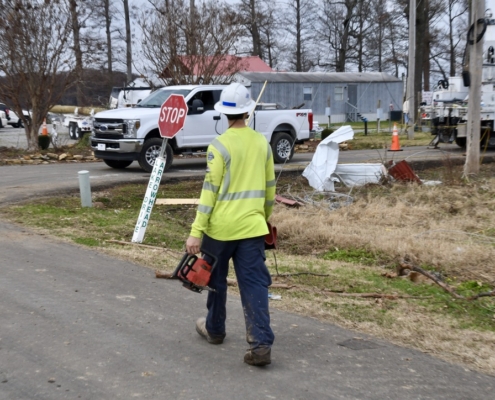
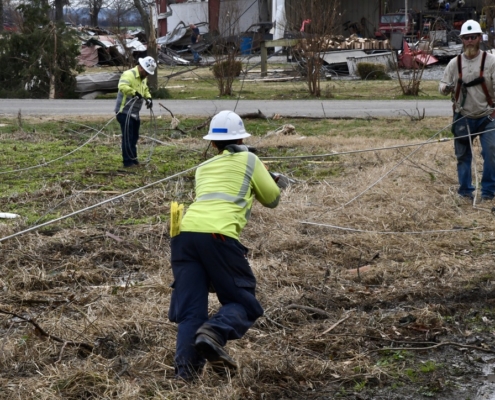
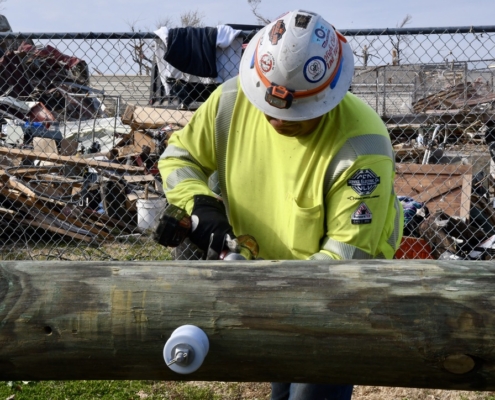
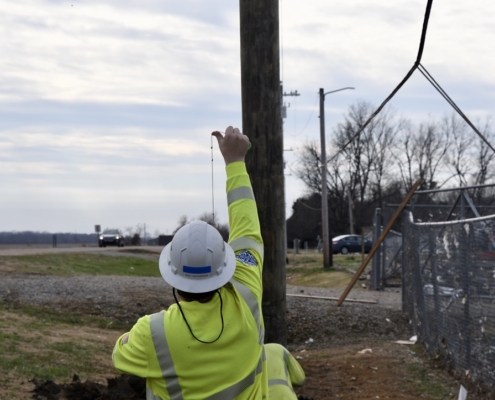
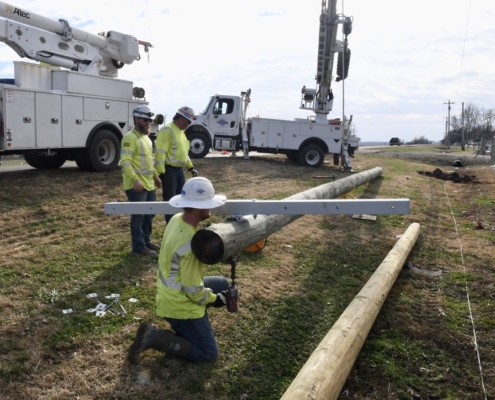


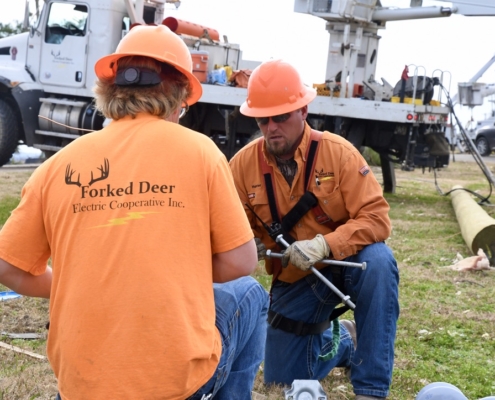

 Murfreesboro, Tenn. – The Nominating Committee of Middle Tennessee Electric (MTE) announced today that Vanessa Hickman will serve on the MTE Board of Directors, completing the term of the seat vacated by the retirement of Tom Purkey.
Murfreesboro, Tenn. – The Nominating Committee of Middle Tennessee Electric (MTE) announced today that Vanessa Hickman will serve on the MTE Board of Directors, completing the term of the seat vacated by the retirement of Tom Purkey.